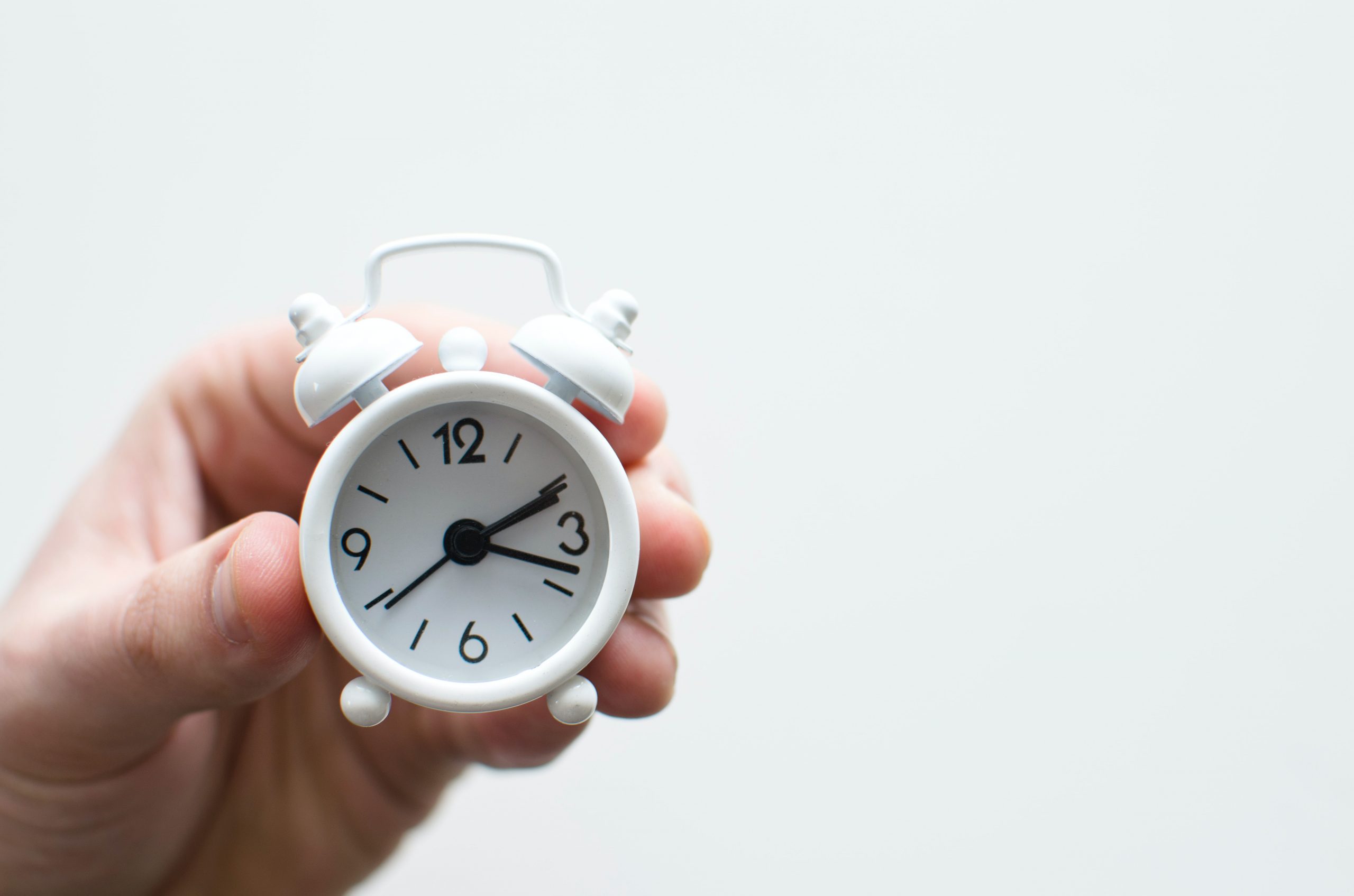
There’s a certain kind of irony about not being able to sleep at night when the world shuts off specifically for this purpose, yet during the day when you couldn’t be busier, you crave nothing more than 40 winks. Likewise, shift work and returning abroad from different time zones can also make you feel sleepy when you should be wide awake, and vice versa.
Getting your sleep back in sync is essential for both your mental and physical health. But just how do you go about doing so?
Here are our top tips for fixing your sleep schedule, along with information about our supplement that can help support you to feel more awake during the day.
Have A Consistent Bedtime Each Night
Our bodies are a fan of routine in terms of when we eat and exercise. When we go to sleep and wake up each day is no different. So if you are going to bed at a different time each night, you’re going to struggle to have any kind of regular sleep pattern.
As tedious as it may seem, setting an alarm and sticking to a fixed bedtime 7 days a week is key. Even on your days off from work, if you lay in for an extra few hours and end up going to bed much later as a result, the rest of the week will get off on the wrong foot.
Having an effective shutdown routine at the end of your day to help you relax can also benefit your sleep schedule enormously.
Make Sure You Exercise
If you want to keep your circadian rhythm in check then exercise is a must. Exercise is essential for our mental and physical health. It can help burn off stress at the end of the day, as well as release feel good hormones that will make you feel calmer and happier too. All of which will help you fall asleep at night, especially if you are prone to stress or anxiety.
The physical tiredness exercise induces means our bodies will naturally want to sleep to repair and recover. Therefore, exercise helps encourage a better quality of sleep in several different ways.
The NHS recommends that all adults aged between 19 and 64 complete 150 minutes of exercise per week, including a mix of strength training and cardio.
Cut Down On Caffeine
Caffeine is a stimulant that is designed to help you feel more alert. The problem is sometimes it works a little too well, with the effects being felt many hours after you consumed that coffee, espresso or latte. If you must consume caffeine, then make sure you do so earlier in the day, rather than past midday. This will give your system more time to wind down towards the evening.
Alternatively, cutting down or better still eliminating caffeine altogether will mean your sleep schedule and energy levels will become more consistent. Just be aware that suddenly stopping caffeine can cause withdrawal symptoms, which is why it’s better to slowly reduce your intake by one cup a day.
Screen Free Bedroom
If you wake up in the middle of the night and check your phone without even thinking about it, you’re probably far from alone. The only trouble is that our phones emit light which triggers brain activity. Even if you have ‘night mode’ activated, the addictive nature of social media, news apps, games and everything else on our devices can easily interfere with our sleep.
Sleep experts recommend avoiding screen use at least 2 hours before bed. In this time, try exercising, spending time with loved ones or even a relaxing bath to unwind. It’s also a good idea to replace your phone with an alarm clock too, which will remove the chance of notifications or the temptation of checking notifications from disturbing your sleep.
Identify Any Underlying Health Causes
If you’ve followed all the above advice and find you still cannot fix your sleep schedule, then further investigation may be needed by your GP. There are various disorders that can cause disruption to your sleep, as well as conditions that can be caused by a lack of sleep if the problem persists. So, it’s always sensible to get yourself checked out if in doubt.
Also, if you are struggling to sleep due to a mental health condition, or if you find you’re unable to switch off from the events of the day, then speaking to a counsellor or therapist may offer some relief.
Help Fix Your Sleep With Optml
Another option that may help you gain better control over your sleep schedule is supplementation. Optml is a supplement that contains two capsules, Rise and Rest. As the names suggest, Rise helps to keep you alert and energised in the morning, whereas Rest helps promote a night of deep and restful sleep.
Alongside a healthy diet and lifestyle, the ingredients of our Rest formula including Ashwagandha, Chamomile and 5-HTP, will help to support your system when it comes to all things sleep. With your sleep schedule sorted, you’ll be back to feeling your best in no time.